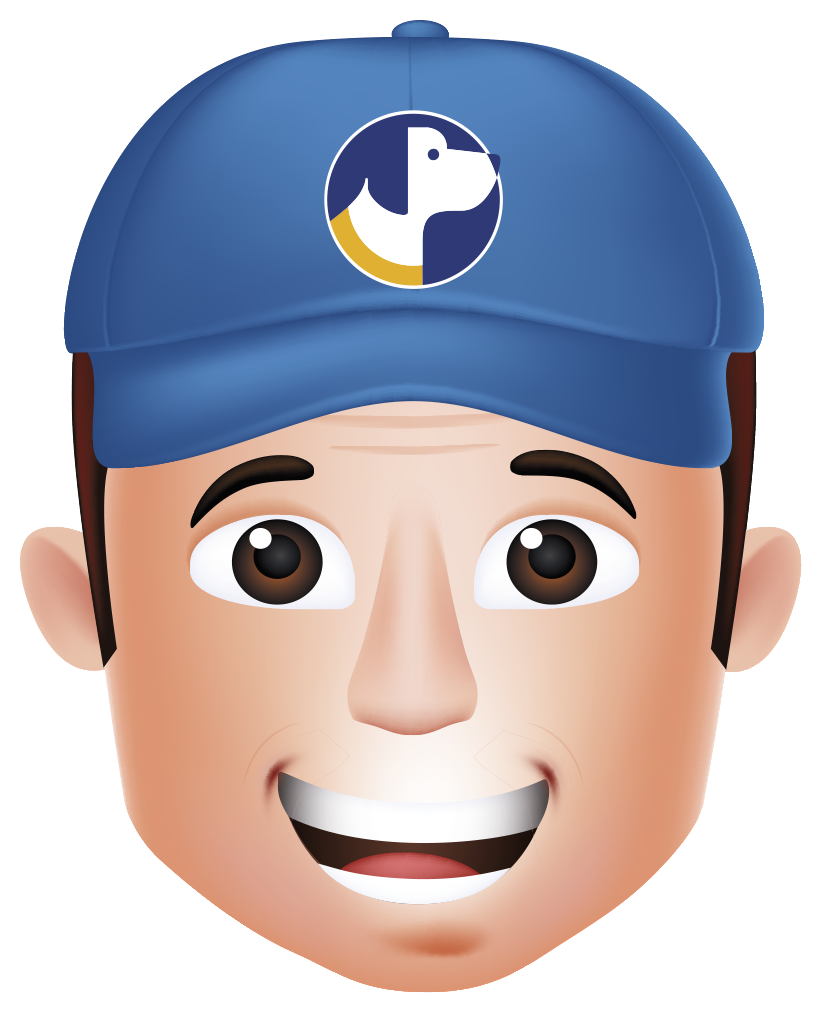There are currently 1,305,155 delivery drivers in the USA, serving our communities daily. Logistics companies, trucking and transportation companies and delivery companies including landscaping businesses, flower shops, bakeries, plumbing firms, all depend on an effective fleet of vehicles in order to keep business running as usual. With such a demand for delivery drivers across many sectors, there is an important demographic whose health and safety cannot and should not be ignored.
Road Safety
With over a million delivery drivers hitting the streets daily, and more so since the onset of the pandemic, heavy traffic has become inevitable. Motorists must take precautions to ensure they are keeping not only themselves safe on the road, but also other road-users, including pedestrians.
GPS tracking technology can encourage drivers and employers to abide by restrictions that are put in place to protect road-users. Fatigued driving is a main cause of traffic accidents. In fact, one startling statistic claims that 6,400 people died annually in crashes where drowsy driving was the cause, according to the National Sleep Foundation. GPS tracking can ensure drivers take breaks to rest when necessary, impacting the health of drivers positively.
Those restrictions are as follows: The FMCSA states that drivers must take a 30-minute break by law when they have been driving for eight consecutive hours. Without such a break, as a bare minimum, drivers are prone to cognitive impairment which can affect their health, and that of other road-users.
Cognitive impairment is a combination of reduced coordination, judgment, and reaction times, and is a principal cause of fatalities on US roads. But how can we help reduce these figures? The answer is, of course, technology. GPS tracking software has become more than a means of keeping tags on drivers – it is now a necessity that ensures the safety of all road-users, especially our drivers.
How GPS Tracking Works
The GPS tracking device sends real-time information through the cellular network which can then be analyzed by servers, so you can see the location, driving habits, and speed at which a driver is traveling at any given time. Some of these devices are professionally installed in the vehicle, some are plug and play, and others can be set up via a mobile app.
By tracking driving habits, incentives can be offered to more responsible drivers thus motivating them. Additionally, companies can use the information obtained through the GPS tracking software to develop education and training programs, to further incentivize their drivers to act diligently on the roads.
How GPS Fleet Tracking Benefits the Health of Drivers
A common misconception about GPS tracking software is that companies use it to keep tabs on their drivers and to catch them out. Companies based on trust and those who look after their teams, find this belief outdated, and instead use GPS tracking in a way that positively affects drivers’ health and wellbeing.
- GPS tracking allows us to know the whereabouts of our drivers. If they get lost, the tracker can inform us of their location and assist them more effectively. In the worst-case scenario, if there is an accident, the software indicates the exact location of our drivers in order to provide emergency care in the shortest time possible. GPS tracking has the potential to be life-saving.
- GPS tracking also ensures drivers take the breaks they need to drive in optimal conditions and avoid cognitive impairment – one of the leading causes of traffic accidents in the US.
- GPS software helps alleviate some of the stress that drivers feel, whether it’s through pressure to find and arrive at a certain location at a predetermined time, or avoiding traffic jams. This technology enables drivers to plan their route more conveniently and reduces the levels of stress that come hand-in-hand with driving jobs.
Stress, and more importantly, repeated stress episodes, are known to contribute to more serious and adverse health problems if left ignored – it can cause and worsen cancer, heart diseases, hypertension, aging, depression, fatigue and rage.
Based on the assumption that drivers are where they are supposed to be, when they are supposed to be, GPS software gives them an additional tool to reduce stress – it proves that they are where they say they are, minimizing the occurrence of disputes between drivers and customers.
Why GPS Fleet Tracking Benefits All Road-Users
GPS Fleet Tracking not only positively impacts the health and wellbeing of our drivers – optimal working conditions can greatly alleviate symptoms of stress – but also fleet management software can reduce the overall risk of traffic-related accidents.
As it stands, you are three times more likely to be involved in a traffic accident when you are fatigued. This alarming statistic brings to light the importance of diligent driving, because of the effects not only on the driver but on other road-users. GPS fleet tracking software can assist in lowering this figure, as drivers are obliged to take necessary breaks and stick within the rules for the number of hours they can drive.
How Your Small Business Can Benefit From GPS Fleet Tracking
By providing your fleet with software that improves the mental and physical health of drivers, you can ensure a better service from well-rested, well-cared for employees. In turn, a more effective service means happier customers, which is good for business.
The added benefits of improved communication can save your business valuable time and money – you know at the click of a button where your drivers are. Add to that the ease of route planning, which means your driver gets to their destination faster, all the while with less stress on the driver themselves.
GPS Technology – A Step Forward For The Health of Drivers
The clear advantage to bestowing your fleet with GPS tracking software lies in the health and safety of road-users. Our drivers are the pillar of our companies, without them, there is nobody to supply our customers, so it is paramount we have their best interest at heart.
GPS software is often leveraged for route planning and orienteering, but the health and wellbeing of our employees are also enhanced, as the data collected from GPS tracking technology ensures we comply with government specifications for road safety. This is why GPS fleet tracking is raising the bar in the delivery world.
Learn more about how Satrack can help smaller field service fleets optimize operations, improve driver behaviors and lower risk, deliver services on time, and reduce operating costs. Click here to schedule a call!
Sources:
- https://www.fmcsa.dot.gov/regulations/hours-service/summary-hours-service-regulations#:~:text=Drivers%20must%20take%20a%2030,combination%20of%20these%20taken%20consecutively).
- https://www.nsc.org/road-safety/safety-topics/fatigued-driving#:~:text=The%20National%20Highway%20Traffic%20Safety,fatalities%20and%20about%2050%2C000%20injuries.&text=The%20researchers%20suggest%20the%20prevalence,than%20350%25%20greater%20than%20reported.
- https://www.zippia.com/delivery-driver-jobs/demographics/
- https://www.acorninsure.co.uk/health-and-safety-for-delivery-drivers/
For transport and / or logistics companies, in addition to human resources, the fleet of vehicles is one of the most important assets and managing it appropriately allows greater agility for those who are responsible for it, as well as greater customer satisfaction and, therefore, more business profitability. These 5 keys to optimizing your fleet contribute to the care and management of the vehicles:
- Review the positioning data of the vehicles: know where, when, how long and how often the vehicles are used, helps to have control of the distances traveled, duration of trips, routes, points visited, etc.
- Control and reduce vehicle downtime: keep track of maintenance schedule needed for vehicles, reduce the cost of repairs and prevent them from being out of service. Likewise, having the a of preventive maintenance can increase the useful life of the vehicle.
- Pay attention to the programming of routes: have on the radar the different routes that can lead to the same destination, as well as the conditions of the same and if they adapt to different types of vehicles, this will help facilitate and streamline the collection processes and deliveries.
- Manage driving habits: drivers are the fundamental basis of the transport process, so knowing their behavior behind the wheel through monitoring systems and working in an almost personalized way with them from, will almost guarantee the saftey not only of the vehicle but also of the drivers.
- Review reports and make decisions from the data: systems such as tracking, generate reports from the vehicle monitoring, downloading this information and reviewing it frewquently provides the bases you need to make decisions about how to administrate the fleet.
Learn more about how to optimize your fleet performance with Satrack services!



